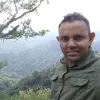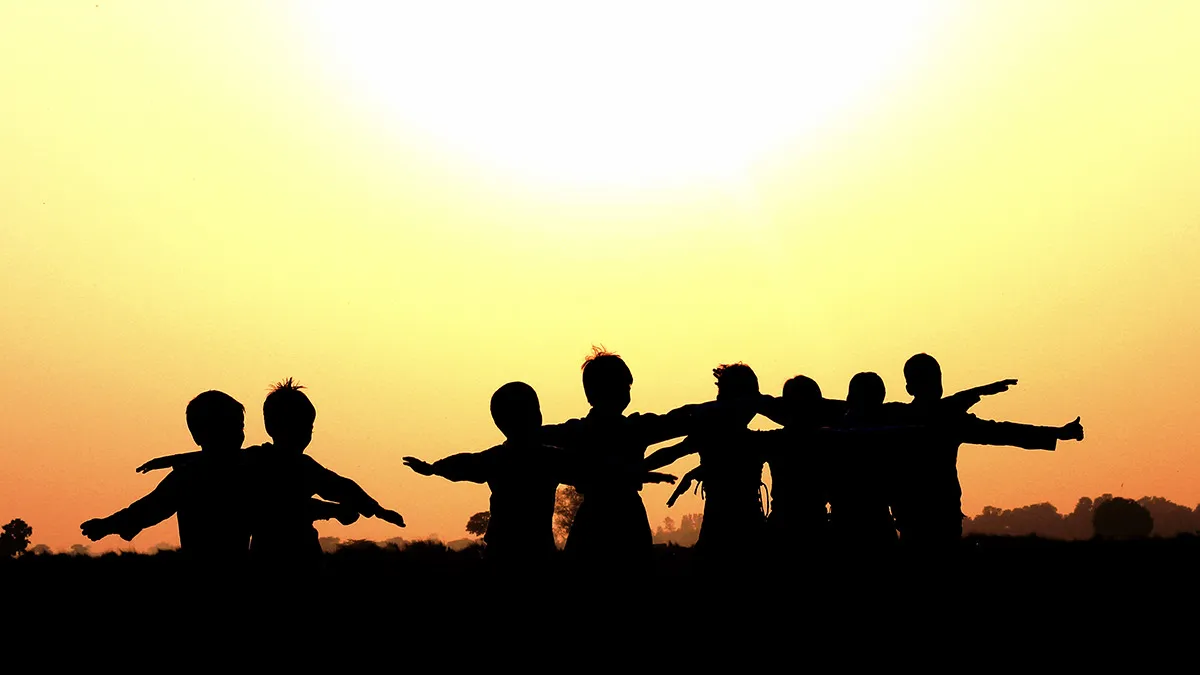AUTISM is one of the most common developmental disorders in the world. Also referred to as autism spectrum disorder (ASD), it comprises a diverse group of conditions related to brain development. People with ASD often have problems with learning, social communication, and interaction. These problems could also be found in people without ASD, but it is challenging for those diagnosed. As the United Nations marks April 2 as World Autism Awareness Day, we examine seven facts about the condition.
1) Diagnosing autism in early childhood is one of the most challenging tasks. This is because there are no specific medical tests, like blood tests. While children may display ASD symptoms in the first year, detection by an experienced professional at the age of two can be considered reliable, according to Centers for Disease Control and Prevention (CDC), USA.
2) According to the World Health Organisation (WHO), about one in 100 children could have autism. But the figure could be higher as reliable data is unavailable for many low- and middle-income countries.
3) While many children may show some symptoms of ASD in the first year, others may follow a regular developmental pattern in the first year. And then start developing symptoms later. Along with a few other characteristics, young children with autism may fail to make eye contact when spoken to or respond to their names when called. They could speak with an abnormal tone and repeat words or phrases without understanding them.
4) Children with the condition also show behavioural patterns that could be considered abnormal. These could be repetitive movements, harming themselves without understanding the consequences. These could be in the form banging their head on the wall or biting themselves. They could also spend a lot of time staring at inanimate things. Research shows that atypical gaze patterns in children may help doctors identify autism before other traits appear.
5) What causes autism? Scientific evidence suggests that multiple factors could be at play, including environmental, genetic and biological. The evidence suggests that children are at a greater risk of developing autism if they are born to older parents, had complications at birth or have a sibling with ASD.
6) Once a child is diagnosed with ASD, the WHO says that a broad range of early interventions can reduce symptoms that interfere with daily functioning and quality of life. Psychosocial interventions can improve the ability of children with autism to communicate effectively and also interact socially.
7) In May 2014, the World Health Assembly adopted a resolution titled Comprehensive and coordinated efforts for the management of autism spectrum disorders, with the support of over 60 countries. The resolution states that people with autism should be safeguarded from discrimination and social exclusion on the grounds of disability. WHO has released an online version of its training programme for caregivers of children with developmental delays, including autism. Caregivers can enrol here.
Autism and India
According to Action for Autism, over 18 million Indians are on the autistic spectrum. Action of Autism is one of the most well-known Indian NGOs helping children with autism and their caregivers. It does this by raising awareness about the condition and providing counselling services, specialised education, and training for parents and professionals – donate here.
Thiruvananthapuram-based Centre for Autism and other Disabilities Rehabilitation Research and Education (CADRRE) offers an intervention programme in a school setting to children aged two years to 16 years. It is done through an interdisciplinary team of speech-language pathologists, occupational therapists, psychologists, educators, art and music teachers and doctors – donate here.
Colours Learning Education Trust is dedicated to the cause of autism and runs the Colours Centre For Learning (CCFL) in which individual attention to each student while also making sure that the family members are involved in the child’s development. This Bengaluru-based NGO’s dedicated education and skilling centre is open to autistic individuals of all ages and backgrounds – donate here.
–
Give’s mission is to “make giving bigger and better.” Give is the most trusted donation platform in India for fundraisers and crowdfunding campaigns. Through our technology solutions, we enable individuals and organisations to fundraise and donate to a cause, charity or NGO with trust and convenience. Give’s community of 2.7M+ individual donors and 300+ organisations supports 3,000+ verified nonprofits with 80G deduction and serves 15M+ people across India. Find a fundraiser today!

Kumara was a professional journalist for over 15 years, with stints in The Telegraph and Reader’s Digest. He grew up hating maths and physics. He is a post-graduate in history. Kumara believes that cricket and Seinfeld have answers to most questions that life throws at you.
Discover more from
Subscribe to get the latest posts sent to your email.

